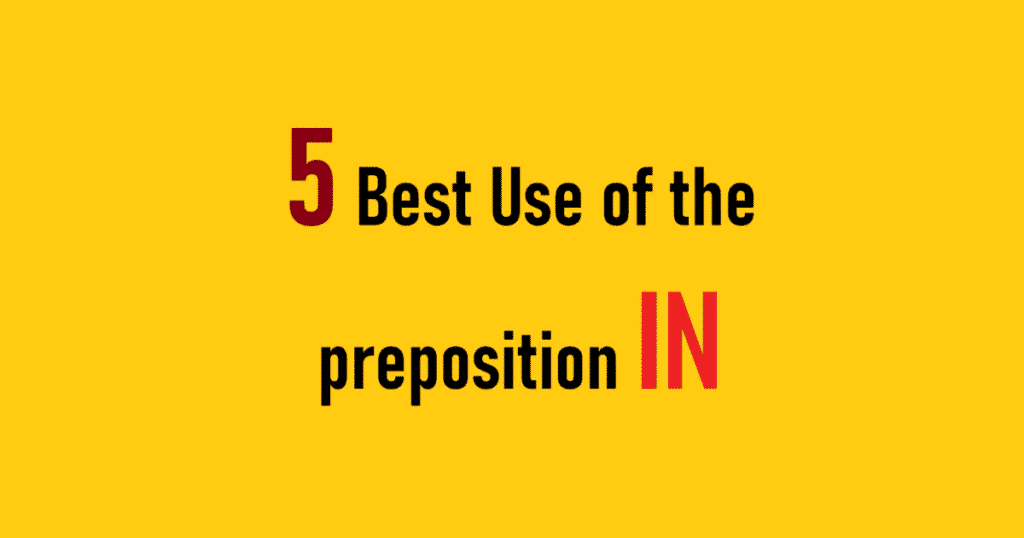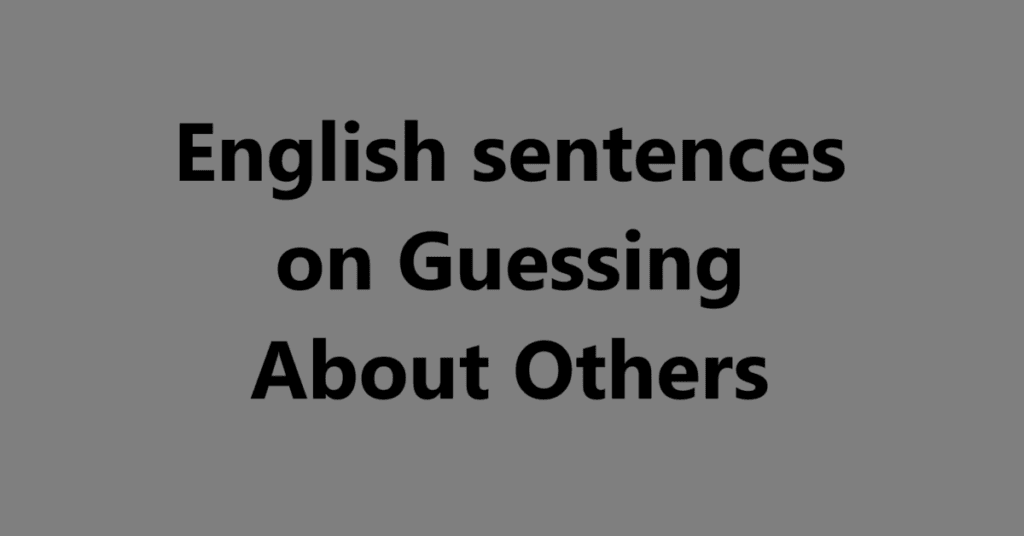Present Perfect Tense
What is the present perfect tense?
The present perfect tense is one of the common tenses in English. We use it to express an action that is happened in the past, and that is directly connected to the present. It shows that actions are still continuing or that indicate a change over time. (वर्तमान पूर्ण काल अंग्रेजी में सामान्य काल में से एक है। हम अतीत (भूत) में हुई एक क्रिया को व्यक्त करने के लिए उपयोग करते हैं, और जो सीधे वर्तमान से संबंधित है। यह दर्शाता है कि कार्य अभी भी प्रगति पर है या जो समय में बदलाव का संकेत देता है।)
Uses of the Present perfect tense
There is always a connection between the past and the present. We use the present perfect tense to talk about
- Experience
- Change
- Continuing situation
We often use the Present Perfect Tense to talk about the experience from the past. We are not interested in when you did something. We only want to know if you did it.
For example:
- I have lived in Delhi.
- She has lived in Padrauna.
- I have seen a lion.
- He has to Africa.
- Anita has cooked broccoli.
- They have never eaten salmon.
- Have you been there?
- Has she been to Bihar?
Note: You can see from the above examples, the actions or states were in the past. But I have a memory in my mind now.
- Connection with the past: the event was in the past
- Connection with the present: in my head, now, I have a memory of the event; I know something about the event; I have experience with it.
We also use the Present Perfect tense to talk about a change or new information.
For example:
- Sunita has broken her leg. (Yesterday, Sunita had a good leg, but now she has a bad leg.
- I have bought a bus. (Last week, I didn’t have a bus, but now I have a bus.)
- The police have arrested the thief. (Yesterday, the thief was free, but now the thief is in prison.)
- The price of gold has gone up. (Yesterday, the price of gold was down, but today, the price of gold is high.)
Note:
- Connection with the past: the past is the opposite of the present
- Connection with the present: the present is the opposite of the past
We often use the Present Perfect to talk about a continuing situation. It is a state that started in the past and continues in the present (and will probably continue into the future). It is a situation (not an action). We usually use for or since with this structure.
For example:
- I have labored here since September. (The situation started in the past. And it continues up to now. And also, it will probably continue into the future.)
- He has been ill for two days. (The situation started in the past. And it continues up to now. And also, it will probably continue into the future.)
Note:
- Connection with the past: the situation started in the past.
- Connection with the present: the situation continues in the present.
We often use for and since with perfect tenses:
- We use for to talk about a period of time: five minutes, two weeks, six years
- We use since to talk about a point in past time: 9 o’clock, 1st January, Monday
Note: For can be used with all tenses. Since is usually used with perfect tenses only.
Look at these example sentences using for and since with the Present Perfect tense:
- We have been here for thirty minutes.
- We have been here since 9 o’clock.
- I have been in Delhi for four years.
- Razia hasn’t called for three months.
- Amit hasn’t called since August.
- I have worked in America for two years.
- He has worked in Gurgaon since he left school.
Important Point: A sentence with the past perfect form of the verb uses two verbs – a helping verb and the main verb. We use two helping verbs ‘Have’ and ‘has’. ‘Have’ is used when the pronouns ‘I’, ‘you’, ‘they’, or plural nouns act as the subject in a sentence. ‘Has’ is used when the pronouns ‘he’, ‘she’, ‘it’, or singular nouns act as the subject.
Rules for Affirmative Sentences in the Present Perfect Tense
Subject + have/has + past participle + the rest of the sentence.
- I have worked as a teacher for two years.
- You have worked as a teacher for two years.
- We have worked as teachers for two years.
- He has worked as a teacher for two years.
- She has worked as a teacher for two years.
- They have worked as teachers for two years.
- It has been here the whole time.
- Samya has worked as a teacher for two years.
- Rajesh and Nilesh have worked as teachers for two years.
Rules for Negative Sentences in the Present Perfect Tense
Subject + have/has + not + past participle + the rest of the sentence.
- I have not worked as a teacher for two years.
- You have not worked as a teacher for two years.
- We have not worked as teachers for two years.
- He has not worked as a teacher for two years.
- She has not worked as a teacher for two years.
- They have not worked as teachers for two years.
- It has not been here the whole time.
- Samya has not worked as a teacher for two years.
- Rajesh and Nilesh have not worked as teachers for two years.
Rules for Interrogative Sentences in the Present Perfect Tense
There are two types of Interrogative sentences:
Yes/No type of question
The sentences which start with helping verbs or auxiliary verbs are called the Yes/No type of question.
Structure of Yes/No Type: Have/Has + subject + past participle + the rest of the sentence.
- Have I worked as a teacher for two years?
- Have you worked as a teacher for two years?
- Have we worked as teachers for two years?
- Has he worked as a teacher for two years?
- Has she worked as a teacher for two years?
- Have they worked as teachers for two years?
- Has it been here the whole time?
- Has Samya worked as a teacher for two years?
- Have Rajesh and Nilesh worked as teachers for two years?
Wh-word type of question
The sentences which start with question words are called the Wh-word type of questions.
Structure for wh-word: Question word + have/has + subject + past participle (third form of verb) + rest of the sentence
- Why have I worked as a teacher for two years?
- Where have you worked as a teacher for two years?
- When have we worked as teachers for two years?
- How has he worked as a teacher for two years?
- What has she worked as a teacher for two years?
- When have they worked as teachers for two years?
- How has it been here the whole time?
- How has Samya worked as a teacher for two years?
- When have Rajesh and Nilesh worked as teachers for two years?
Rules for Interrogative Negative Sentences in the Present Perfect Tense
Structure of Yes/No Type: Have/Has + subject + not + past participle + the rest of the sentence.
- Have I not worked as a teacher for two years?
- Have you not worked as a teacher for two years?
- Have we not worked as teachers for two years?
- Has he not worked as a teacher for two years?
- Has she not worked as a teacher for two years?
- Have they not worked as teachers for two years?
- Has it not been here the whole time?
- Has Samya not worked as a teacher for two years?
- Have Rajesh and Nilesh not worked as teachers for two years?
Wh-word Negative type of question
Structure for wh-word: Question word + have/has + subject + not + past participle (third form of verb) + rest of the sentence
- Why have I not worked as a teacher for two years?
- Where have you not worked as a teacher for two years?
- When have we not worked as teachers for two years?
- How has he not worked as a teacher for two years?
- Why has she not worked as a teacher for two years?
- When have they not worked as teachers for two years?
- How has it not been here the whole time?
- How has Samya not worked as a teacher for two years?
- When have Rajesh and Nilesh not worked as teachers for two years?
Sample Questions and Answers based on Present Perfect Tense
- Question: Have you lived in Padrauna?
- Answer1: Yes, I have lived in Padrauna.
- Answer2: No, I have not lived in Padrauna.
- Question: Have you ever been to the United States?
- Answer: No, I haven’t. I’ve never been to the United States.
- Question: Have they eaten lunch yet?
- Answer: Yes, they have. They ate lunch an hour ago.
- Question: Has he ever had a mango before?
- Answer: No, he hasn’t. He’s never had a mango before.
- Question: Has she ever seen that movie?
- Answer: Yes, she has. She has seen that movie twice.
- Question: Has it rained in the last week?
- Answer: No, it hasn’t. It hasn’t rained in the last week.
- Question: Have we paid the rent yet?
- Answer: Yes, we have. We’ve already paid the rent.
- Question: Have I ever met her?
- Answer: No, you haven’t. You have never met her before.
- Question: Has the newspaper come yet?
- Answer: Yes, it has. The newspaper came earlier.
- Question: Have you ever played golf?
- Answer: No, I haven’t. I’ve never played golf.
- Question: Have apples ripened yet?
- Answer: No, they haven’t. The apples haven’t ripened yet.

